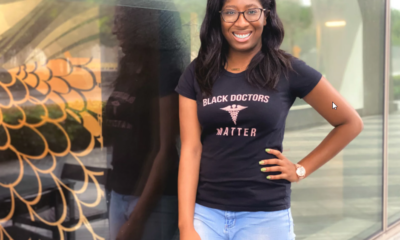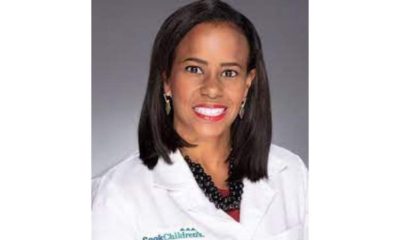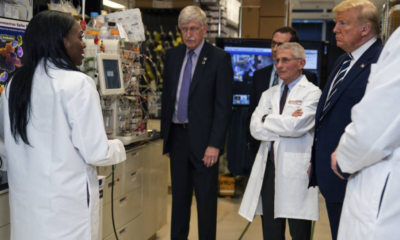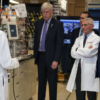Beauty and Health
Florida State University’s WhiteCoats4BlackLives Brings Attention To Racial Health Disparities
The chapter hosted a week-long event that explored how healthcare inequalities are negatively impacting communities of color.
A group of aspiring doctors at Florida State University’s College of Medicine has teamed up to bring attention to racial disparities in the realm of heathcare, the Tallahassee Democrat reported.
FSU's WhiteCoats4BlackLives chapter raises awareness of racial disparities https://t.co/t7UJJ7kCpD
— Tallahassee Democrat (@TDOnline) January 11, 2018
The institution’s WhiteCoats4BlackLives student chapter organized “Racism Awareness Week” in efforts to evoke conversation about social justice, how healthcare inequalities are negatively impacting communities of color, and ways that individuals in the medical field can use their platforms to advocate for justice, the news outlet writes.
The chapter was created in 2014 as a safe space for those pursuing careers in the medical field to openly discuss sensitive topics surrounding race. It’s also a space where White medical students can learn more about the obstacles faced by people of color when it comes to healthcare. Topics explored during the week-long event included implicit and explicit bias endured by diverse communities and racial discrimination in health care experienced by Latinos in Florida. Ava DuVernay’s film 13th was also screened.
“I think, one, is education, two, to have a safe space to discuss sensitive topics, and thirdly, to advocate and to encourage future leaders to take action,” Taylor Maramara, a member of the chapter, told the news outlet. “The underlying theme of all of this is the racial disparities we see in health care. There are differences in how different racial and ethnic groups receive quality care.”
Several colleges and universities throughout the country have been dedicated to overcoming racial health disparities. Last year, North Carolina Central University received a $16.3 million grant to build a new center where students would have the opportunity to further research efforts surrounding breast cancer, obesity, cardiometabolic disease, and other health ailments within the African American community. The funding was a part of $122 million that was …
Please read original article- Florida State University’s WhiteCoats4BlackLives Brings Attention To Racial Health Disparities
























